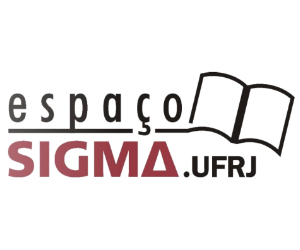Most phases, practices, and routines of academic life, inherent as they are to the training and professional performance of intellectuals, are global, but not necessarily international. In other words, anywhere in the world, almost every scholar pursuing scientific trajectories needs to learn a series of practices, tasks, and behaviors that are inherent to intellectual life. How to produce a curriculum, how to teach classes and other teaching routines, how to write articles, how to prepare projects, how to write an introduction letter (or recommendation letter), how to present papers at congresses, how to behave at a conference, the higher education administrative tasks and routines, etc. However, the fact that they are global practices does not make them international. That is because preparing a curriculum, writing an article or project, teaching, etc., are tasks deeply embedded in national scientific cultures. Thus, a Brazilian scholar’s excellent curriculum may not seem so impressive in the United States, Tanzania, or Singapore. Likewise, to publish in international journals implies complying with a series of linguistic, style, citation, and procedure rules which are specific to these journals and their scientific communities.
Internationalizing is not a synonym for Americanizing or Europeanizing scientific training and practice, to the detriment of Brazilian tradition, but it means to introduce scholars to different scientific cultures and to offer tools that allow them to integrate themselves into international academic circuits in a critical way. A related challenge, thus, concerns the expectations of young scholars, especially from the Global South. How can one position oneself as a Brazilian researcher in an environment that is simultaneously crisscrossed by hegemonic models of globalization and connected to certain notions of diversity? By recognizing this dimension, we developed some initiatives to introduce international cooperation agendas promoted in Brazil and other institutions, in addition to videos and podcasts in which we debate with national and international experts on the key issues in this matter.








